A New Treatment for ALS
Photo by Stella Rae Wilkins
Chris Pendergast of Miller Place was diagnosed with ALS 24 years ago and was told he only had 3 years to live. Now, he is one of Long Island’s most important advocates for ALS research.
Many of you may remember the “ALS Ice Bucket Challenge” which swept across the nation and the world in the summer of 2014. This viral phenomena led to the fundraising of hundreds of millions of dollars for research to end the terrible disease, Amyotrophic Lateral Sclerosis. This condition, also known as Lou Gehrig’s Disease is one causing the death of neurons which control the movement of voluntary muscles. Over a period of a few years, one who is diagnosed with ALS will lose their ability to move, speak, swallow, and eventually breath.
For a long time, ALS patients were told that they would die within a few years of their diagnosis. There was no cure, and barely any treatments. In fact, one of the only treatments was a drug called Riluzole. This medication was used to possibly increase the lifespan of an ALS patient by two to three months. On top of the uncertainty of success and relatively low effectiveness, this treatment also came with side effects including possible nausea, weakness, and decreased lung function, only to name a few. When presented with this information, a patient has to face the impossible decision of quality of life, or quantity of life.
Finally, after much toil, fundraising, research, and dedication from supporters of awareness events such as the “ALS Ride for Life”, a new treatment for ALS was approved by the FDA for the first time in 22 years! The news release from the FDA website on May 5, 2017, sent ripples across the ALS community. While not a cure, this medication called Radicava (edaravone) is a huge step towards one. Radicava has been shown to be significantly more effective at treating ALS than its predecessor, Riluzole. According to a 6-month trial conducted in Japan, patients given Radicava showed a 33% decrease in loss of physical function compared to those given the placebo. The medication given intravenously is applied in periods of 2 weeks with daily infusions, then two weeks of rest. Though costly, at approximately $145,500 annually, this drug could greatly improve both the length and quality of life for an ALS patient.
A great deal of thanks is due for the researchers who developed this drug; however, an equal amount of gratitude is due to those who have supported and donated to the cause over the years. In fact, according to the ALS Association, Radicava may have still been held back for another five or six years if it weren’t for the amazing public fundraisers such as the “ALS Ice Bucket Challenge”. Though we have achieved a great deal with this new treatment, the battle is not over yet. The cure will be found, and we will continue fighting until it is.

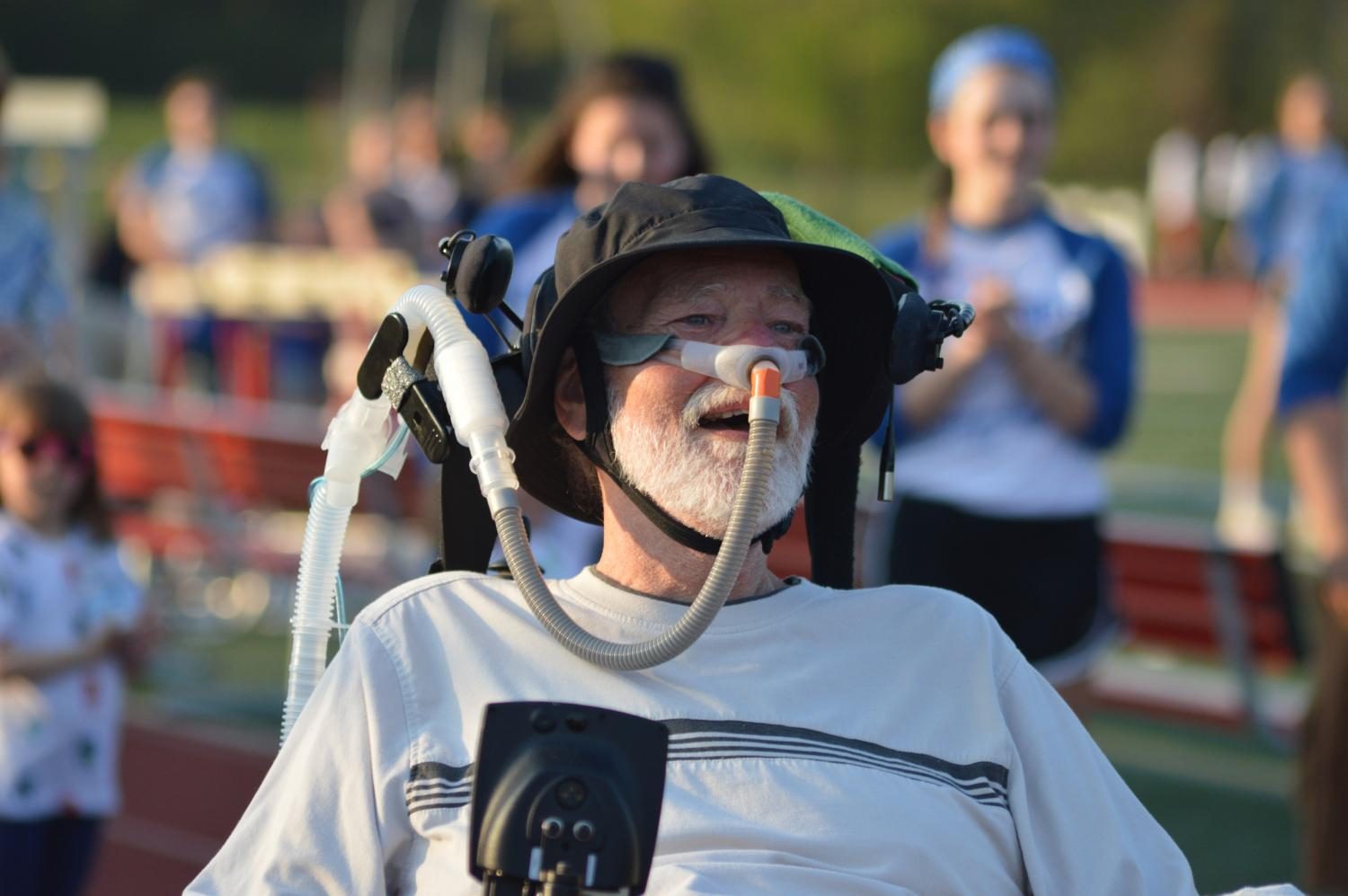
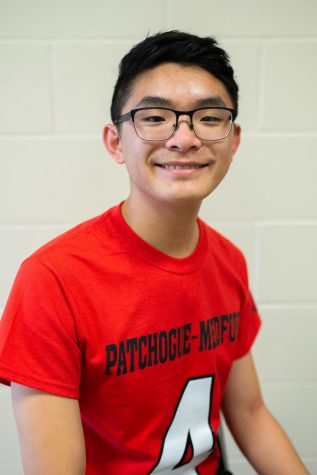

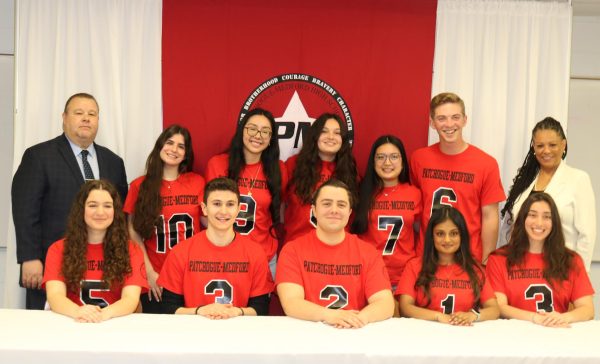

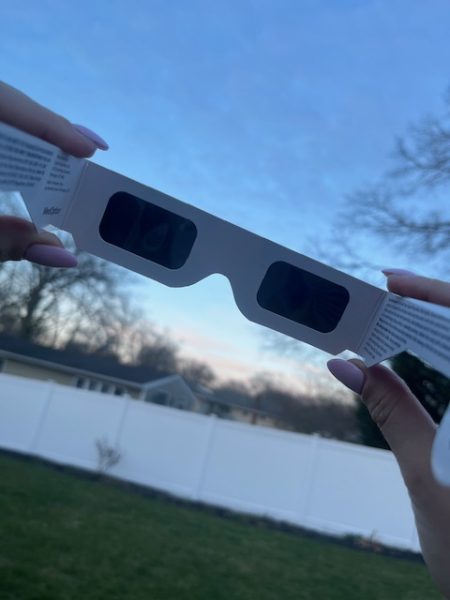
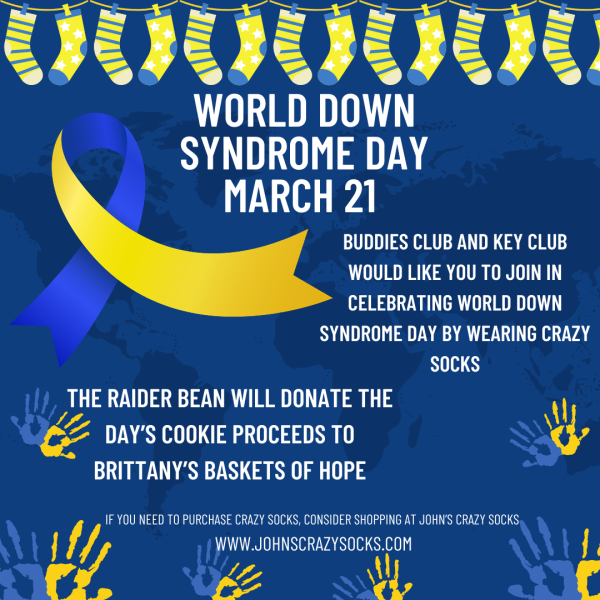
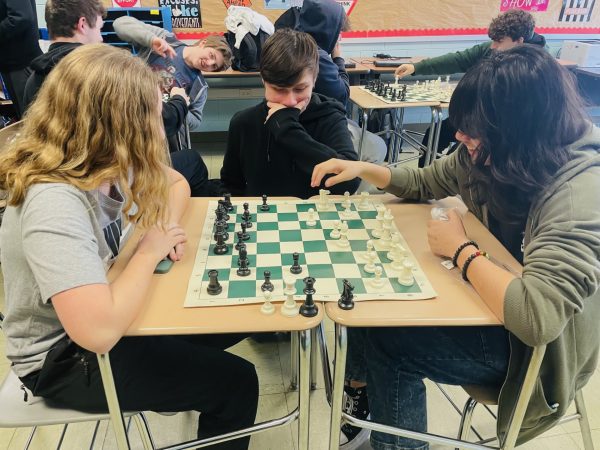



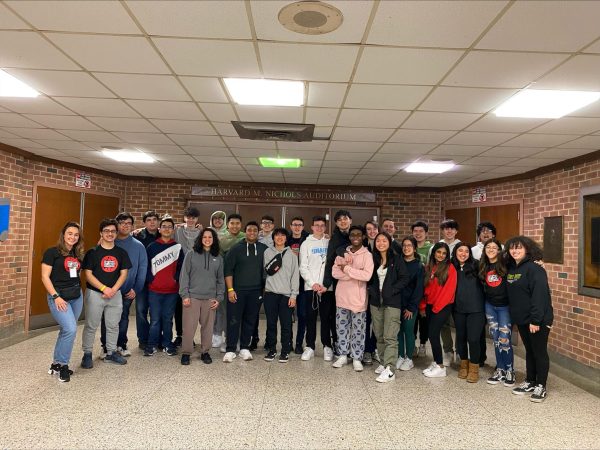
Lisa Smith • Jun 3, 2017 at 2:25 pm
I am so greatful to all those who worked endlessly to make this drug happen for ALS patients. There is always hope.
Sam • May 23, 2017 at 3:52 pm
I support this cause 100%. Raising money for ALS to fund new cures, medications, and ideas to get it to go away I think is a very smart idea. Itssommice to see how many people in the community and environment are caring and give positive vibes to those who need it!! By finding this medication it only bring so much more hope to curing this disease once and for all. This is so great.
Judy • May 22, 2017 at 10:34 am
I think it’s great we achieved this goal it’s not a cure but at least this medication brings more hope towards life span and helping ALS patients be able to increase their life span it just shows how if we decide to put our mind to something we can do some much an shows how great of power we have to make a negative situation into a great deal of positive for people